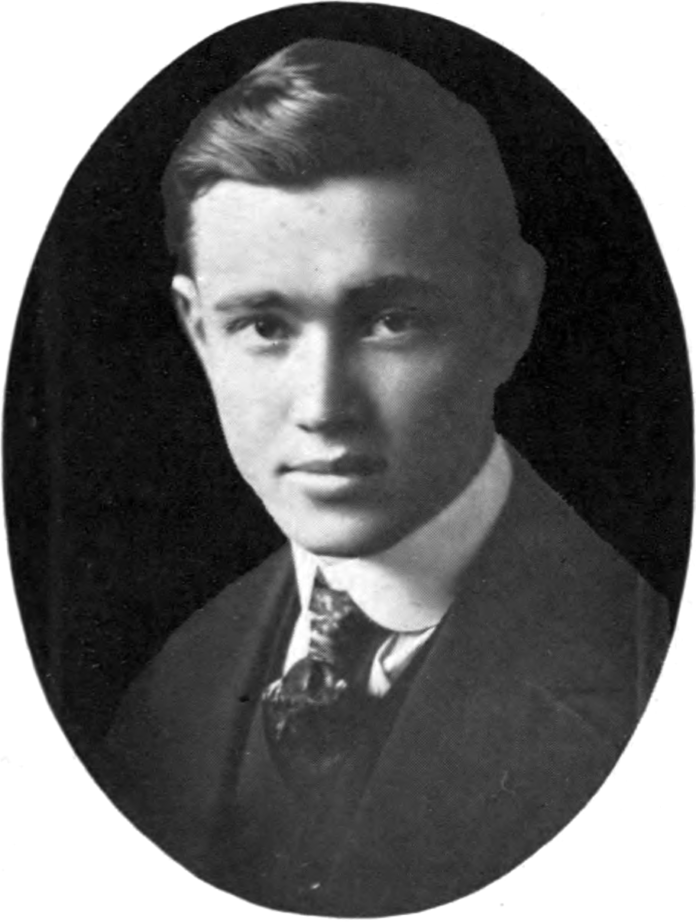

Charles Ginsberg, a prominent Denver attorney at the turn of the century, may be best known for his efforts to reduce the Ku Klux Klan’s hold on local government. His contributions to reduce everyday racism competed with his fiery personality and reputation for fighting his colleagues on the streets of Denver, which led to a one-year suspension from the bar for misconduct. Ginsberg stood in front of the disciplinary committee more than once during his career of just over 13 years in a relatively peaceful practice.
In addition to more commonplace issues like finance, Ginsberg’s disciplinary record included an incident outside of a courthouse in which Ginsberg repeatedly struck opposing counsel after calling the man a “liar.” The Colorado Transcript reported in December 1929 that, “alleged[edly] … Ginsberg struck Williams and knocked him down several times outside the court room [sic] door.”
Shortly before these incidents, Ginsberg was a noted opponent to the famed KKK infiltration of the Denver government occurring in the late 1920s.
In his oral history recorded in May 1963 for the Denver Public Library, Ginsberg said of his political opponents, “[I] found all of them gathered in one office and they were all in the process of fitting themselves with holsters and guns. I rather laughingly suggested that they were about to go to war, and one of them said to me, ‘Well, this may not be as funny as it looks. There’s something big starting in this country and we’ve just joined it.’”
Following a heated 1924 debate between Ginsberg and a KKK-aligned rival, William Oeschger, at the University of Colorado at Boulder, the KKK’s hold on local government began to weaken. During the following two decades, Ginsberg’s safety was sometimes in question.
On one occasion, while on his way home, Ginsberg noticed he was being followed closely by a car full of KKK supporters. After stopping at a local police station in hope of finding help, Ginsberg apparently found only another KKK supporter stationed inside the precinct. Ginsberg ended up calling the Denver Post to tip them off on the incident in an attempt to prevent any violence that night.
While Ginsberg may have been a long-standing target of KKK operatives in the city, he remained a celebrated anti-racism ally throughout his life. His residence, a now-famous North Park Hill home, is still marked by Ginsberg’s penchant for chain-smoking cigars. They left blackened ceilings in the dining room of the Denver home, which was included on a recent list of locations being considered for historical landmark status.
– Jess Brovsky-Eaker

